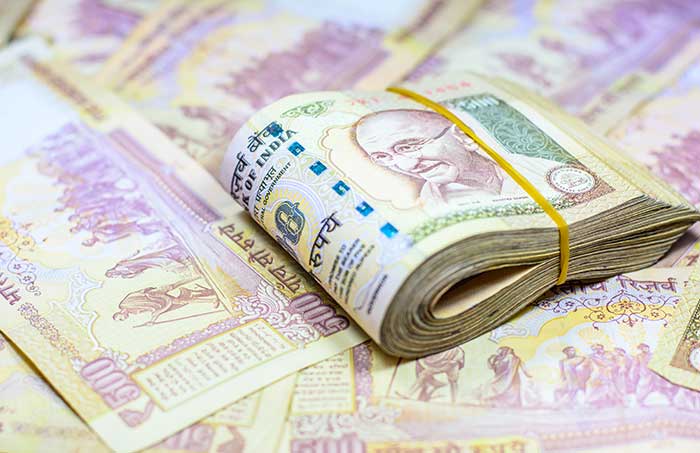In its most recent health check of India’s economy, the fund forecast 6.6% growth for India in the 2016-17 fiscal year, compared with 7.6% the year prior. It will rebound to 7.2% in financial year 2017-18.
The fund said this was due to disruptive cash shortages following the government’s sudden and poorly managed attempt to clamp down on illicit cash by rapidly pulling two of the country’s highest denomination and most commonly used notes from circulation.
The move led to long queues at banks and ATMs as panicked citizens rushed to exchange their notes, but too few of their replacements had been printed to cover demand. The project stumbled further when it emerged that cash machines nationwide would not be able to dispense the new notes without being recalibrated.
“The initiative affected notes with a total value of about 15 trillion rupees, which amounted to 86% of all cash in circulation,” explained IMF mission chief for India Paul Cashin.
“Because payment transactions in India are primarily cash-based and electronic payments infrastructure is limited, the shortage of cash has disrupted economic activity, with smaller businesses and rural regions being particularly badly affected.”
However, the fund said that government efforts to mitigate the impact of shortages had helped, while the effects of a favourable monsoon, low oil prices and robust consumer confidence had contributed to bolstering the economy.
As a result, Cashin said the fund expects the “slowdown to be limited”, “relatively short lived” and for the financial system to come away “unscathed”.
Even with growth of 6.6%, India will remain one of the brightest spots in the global economy.
Notwithstanding, IMF executive directors called for quick action to restore cash availability and emphasised the need for the country to tighten its purse strings to bring down the public debt.
“Implementation of a robust goods and services tax, given its growth-enhancing effects, and further subsidy reforms should be key pillars of the authorities’ strategy,” directors said.












